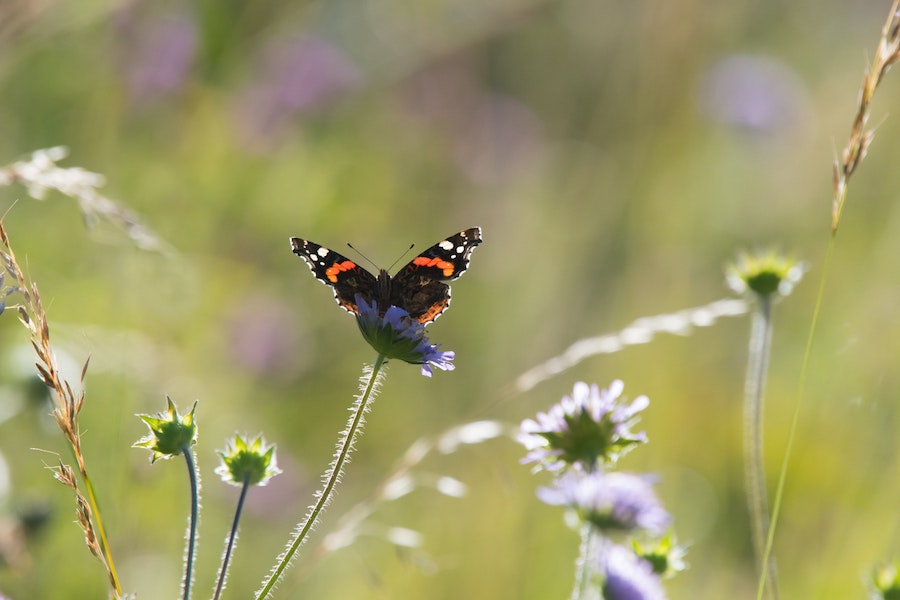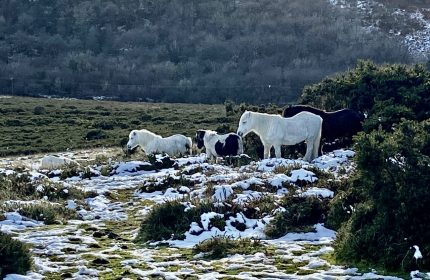Sir David Attenborough: Watching butterflies offers ‘precious breathing space’
Watching nature provides “precious breathing space” from the stress of modern life, Sir David Attenborough said, as he urged people to take part in the world’s biggest butterfly count.
While the UK’s butterflies are basking in the best summer conditions in more than a decade, if the hot weather becomes a drought it could be “catastrophic” for the insects as plants wither and caterpillars starve.
The public are being encouraged to take part in the Big Butterfly Count over the next three weeks to help experts see how butterflies are faring and to enjoy the mental health benefits of watching wildlife.
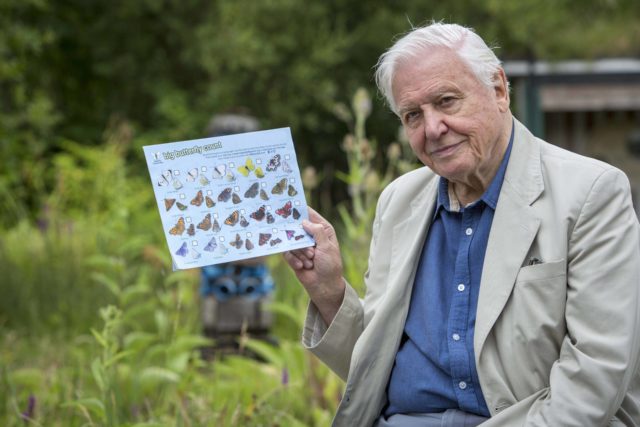
Sir David Attenborough is urging people to take part in the Big Butterfly Count
The UK has experienced the right combination of a cold winter and a settled late spring and summer so far this year, enabling spring butterflies to thrive.
The annual count could record a bumper year for species such as holly blue, common white, common blue and red admirals.
But the ongoing hot dry conditions could mean plants wither away and the next generation of caterpillars cannot find the food they need to survive.
Populations of butterflies collapsed as a result of the 1976 drought for this reason, wildlife charity Butterfly Conservation said.
The Big Butterfly Count, organised by Butterfly Conservation and sponsored by B&Q, asks people to spot and record 17 species of common butterflies and two day-flying moths during three weeks of high summer.
Mental health charity Mind is supporting the Big Butterfly Count as a “wonderful way of interacting with the environment” and championing the benefits of spending time in nature, which research shows can help alleviate problems such as depression and anxiety.
And Butterfly Conservation president and veteran broadcaster Sir David has spoken of the mental health benefits of spending time in nature, even at home watching garden wildlife.
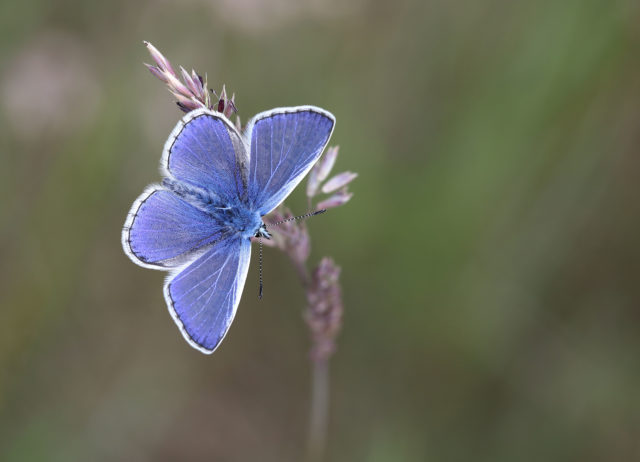
Common blue butterflies could also see bumper numbers in the annual Big Butterfly Count
“I have been privileged to have witnessed some truly breath-taking wildlife spectacles in far-flung locations but some of my most memorable experiences have happened when I’ve been simply sitting and watching the wildlife that lives where I do,” he said.
“A few precious moments spent watching a stunning red admiral or peacock butterfly feeding amongst the flowers in my garden never fails to bring me great pleasure.
“Spending time with nature offers us all precious breathing space away from the stresses and strains of modern life, it enables us to experience joy and wonder, to slow down and to appreciate the wildlife that lives side by side with us.”
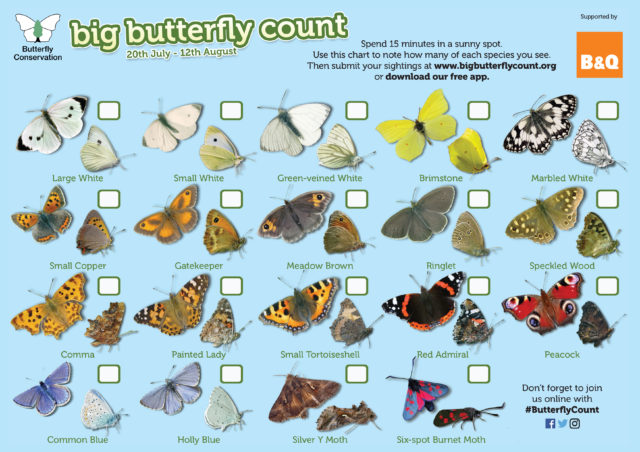
People are asked to spot 17 common butterflies and two day-flying moths in the Big Butterfly Count
Sir David also said the Big Butterfly Count, which involves spending 15 minutes in a sunny spot counting butterflies and submitting sightings online, can help gather vital information that may help protect them in the future.
More than three-quarters of the UK’s butterflies have declined in the last 40 years, with some common species, such as the small tortoiseshell, suffering significant slumps.
Sir David said: “A cause for great concern over recent years is that many of our once common and widespread species like the large white, small copper and gatekeeper have started to struggle, mirroring the declines of rarer species.
“Butterfly Conservation has also revealed that butterflies are declining faster in our towns and cities than in the countryside.
“So please take part in the Big Butterfly Count this summer, we need to know, now, more than ever before, just what is happening to butterflies in our towns, in our gardens and in our countryside.”
The Press Association
Latest posts by The Press Association (see all)
- Maple Cinnamon Granola - January 8, 2025
- 8 things your feet can tell you about your health - January 8, 2025
- 9 ways to look after your emotional health better in 2025 - January 7, 2025
- EastEnders fans to vote on storyline for the first time in 40th anniversary week - January 7, 2025
- Aldi beats rival Lidl as cheapest supermarket of 2024 - January 6, 2025









